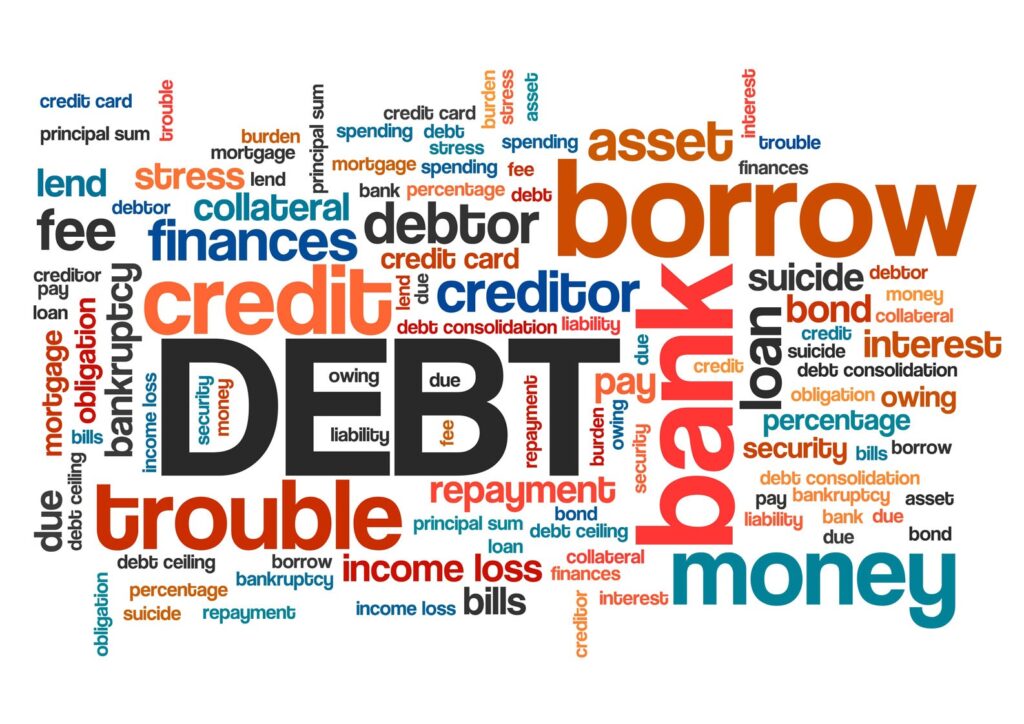
Jul
Bounced Cheque UAE: Understanding the Legal Implications and Procedures
In the UAE, cheques remain a common method of payment, widely used in both business and personal transactions. However, when a cheque bounces due to insufficient funds or other reasons, it can lead to serious consequences, primarily through civil penalties. This article provides a comprehensive overview of what happens when a cheque bounces in Dubai, UAE, the legal ramifications (including the recent decriminalization of most cases), and the steps to take if you need to file a case for a bounced cheque.
Bounced Cheque UAE: An Overview
A bounced cheque, also known as a dishonored cheque, occurs when a bank refuses to honor it due to various reasons, such as insufficient funds, a mismatch in signatures, or a frozen account. In the UAE, bounced cheques are taken seriously, and legal actions can involve significant financial penalties.
What Happens When a Cheque Bounces in Dubai, UAE?
When a cheque bounces in Dubai, UAE, the consequences can be severe for the issuer (the person who wrote the cheque). The process typically unfolds as follows:
- Bank Notification: The bank notifies both the issuer and the beneficiary (the person who receives the cheque) about the dishonored cheque.
- Legal Notice: The beneficiary can send a legal notice to the issuer demanding payment. This notice may be a precursor to filing a court case.
- Court Case: Since January 2, 2022, bounced cheque cases typically bypass the police. The beneficiary can directly file a complaint with the relevant court, presenting the bounced cheque and bank documentation.
What is the Punishment for Cheque Bounce in UAE?
Important Update: As of January 2, 2022, most bounced cheque cases in the UAE are no longer considered criminal offenses. However, the issuer can still face significant financial penalties:
- Fines: Issuers of bounced cheques can face substantial fines, which are proportionate to the cheque amount (refer to the “Financial Penalties” section for details).
- Civil Record: A bounced cheque can lead to a civil record, potentially affecting the issuer’s ability to obtain loans or credit in the future.
How to File a Case for Cheque Bounce in UAE
Filing a case for a bounced cheque in the UAE involves several steps:
- Collect Evidence: Gather all relevant documents, including the bounced cheque, bank statements, and any correspondence with the issuer.
- Send a Legal Notice: A legal notice should be sent to the issuer demanding payment.
- Court Case: If the payment is not made, a complaint can be lodged directly with the relevant court.
Consequences of a Bounced Cheque in UAE
When a cheque bounces, the issuer faces immediate repercussions from the bank and potentially significant financial penalties through the legal process. The beneficiary can initiate legal proceedings, which can lead to substantial fines for the issuer. Additionally, the issuer’s financial reputation can be significantly damaged, affecting future banking and credit activities.

What to Do If a Cheque Bounces in UAE?
If a cheque bounces in the UAE, it’s crucial to act swiftly. The issuer should contact the beneficiary to settle the amount and avoid legal action. If the issue escalates, seeking legal advice and representation is advisable to navigate the complexities of UAE law.
Cheque Execution and Legal Framework
Cheque execution refers to the process of fulfilling the payment promised by a cheque. In the UAE, the legal framework governing cheques is stringent, aiming to protect the rights of the beneficiary and maintain financial integrity. The UAE Penal Code (though no longer the primary source for penalties in most bounced cheque cases) and Commercial Transactions Law outline the procedures for dealing with bounced cheques.
Understanding the Legal Procedures
Important Update: While police involvement was previously common in bounced cheque cases, the focus has shifted to civil court proceedings since January 2, 2022.
Court Procedures for Bounced Cheques
If the case reaches the court, it will be handled according to the UAE’s legal procedures. The court will examine the evidence, including the bounced cheque and any communication between the parties. The judge will then decide on the appropriate penalty, which can include significant financial fines.
Role of the Central Bank
The UAE Central Bank plays a crucial role in regulating cheque transactions. Banks are required to report bounced cheques to the Central Bank, which maintains a database of individuals and entities with a history of dishonored cheques. This information can affect the issuer’s ability to conduct financial transactions in the future.
Preventive Measures
To avoid the legal and financial repercussions of a bounced cheque, individuals and businesses should take the following preventive measures:
- Maintain Sufficient Funds: Ensure that your account has sufficient funds to cover the cheque amount before issuing it. Regularly monitor your account activity to avoid unexpected overdrafts.
- Double-Check Details: Verify that all details on the cheque are accurate, including the date, amount, payee name, and your signature.
- Communicate with Payees: If you anticipate any issues with a cheque payment, communicate proactively with the payee to find a resolution. Consider using alternative payment methods if necessary.
- Consider Certified Cheques: For significant transactions, certified cheques can guarantee sufficient funds are available, reducing the risk of bouncing.
FAQs
Q: What is the punishment for a cheque bounce in UAE?
A: The punishment for a cheque bounce in the UAE is primarily civil, with significant fines imposed on the issuer based on the cheque amount. In rare cases, criminal charges might still apply.
Q: What happens if a cheque bounces in UAE?
A: If a cheque bounces in the UAE, the issuer faces financial penalties through the court system. The beneficiary can initiate legal proceedings to recover the cheque amount and potentially receive additional damages. The issuer’s reputation might also be affected.
Q: How do I file a case for cheque bounce in UAE?
A: To file a case for a bounced cheque in the UAE, gather evidence, send a legal notice to the issuer demanding payment, and proceed directly to court if the issue remains unresolved.
Conclusion
In the UAE, while bounced cheques are no longer automatically considered criminal offenses, the consequences can still be significant. Understanding the legal framework, procedures, and preventive measures is crucial for anyone dealing with cheques. By maintaining responsible financial practices and clear communication, individuals and businesses can minimize the risk of bounced cheques and ensure smooth financial transactions.
